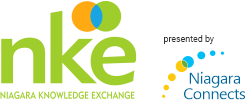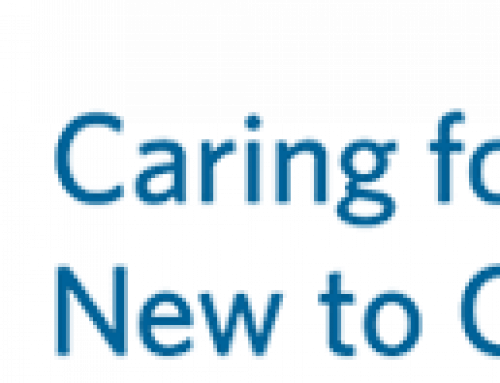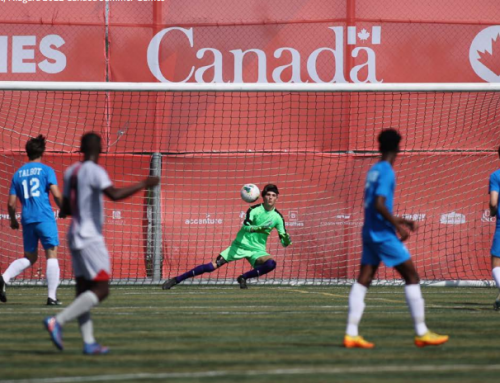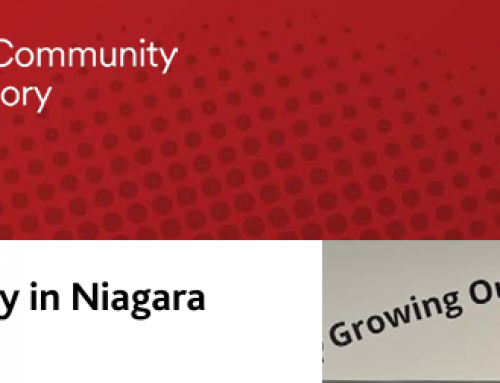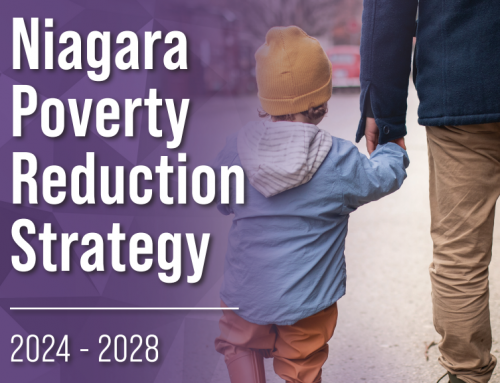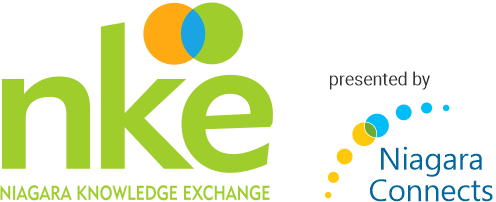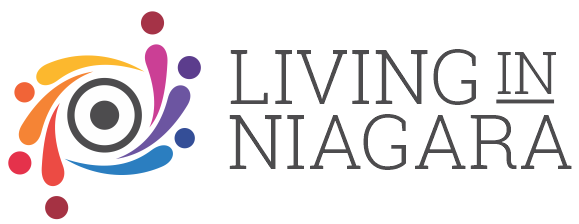Living in poverty has been demonstrated as the largest barrier to good health. According to the Ontario College of Family Physicians’ Committee on Poverty and Health:
“Prescribing income can be just as powerful as prescribing medication for blood pressure or mood. Additional income for patients who live in poverty can reduce the bombardment of chronic, toxic stress they often face”.
Income has the single greatest impact on health. Recently, in the Ontario Medical Review1, a 5-part series explained how income inequality is a medical problem, worthy of screening and intervention. In the series, the authors explain the research to date, and the importance of risk adjustment for secondary prevention and differential diagnoses.
- Part 1: Why Poverty is a Medical Problem
- Part 2: Office Interventions for Poverty
- Part 3: Office Interventions for Poverty: Child Health
- Part 4: Office Interventions for Poverty: Racialized Groups
- Part 5: Policy and Population Approaches to Poverty
The Ontario Physicians’ Poverty Working Group, led by Dr. Gary Bloch, offers workshops to help doctors diagnose and manage poverty.
The fact is, there are a lot of supports available, and they are never fully utilized by those people who would qualify.
For more information, call INCommunities, a quick, free local resource for people to find the right community and social services. The service is available 24 hours a day, 7 days a week, 365 days a year. 211 is often a good first phone call for individuals who know they need help with taxes, financial and social assistance, seniors services, disability support, housing, or food, but don’t know where to start.
Dr. Bloch and others have created some tools for primary care providers, and staff at Niagara Region joined with Community Health Centre staff to “Niagara-cize” those tools. Tools include:
- A Clinical Tool and Resource Listing for Primary Care in Niagara: Poverty
- Poverty Tool: Wallet Guide of resources (available in English, French, Chinese, and Spanish)
- Prescribing Income Video, developed by Bridges Community Health Centre.
Together, we can make a difference.
Dr. Karl Stobbe
Regional Assistant Dean
Niagara Regional Campus;
Michael G. DeGroote
School of Medicine
905-378-5717 Ext. 6414
Dr. Andrea Feller
Associate Medical Officer of Health
Niagara Region Public Health
905-688-8248 Ext. 7213
